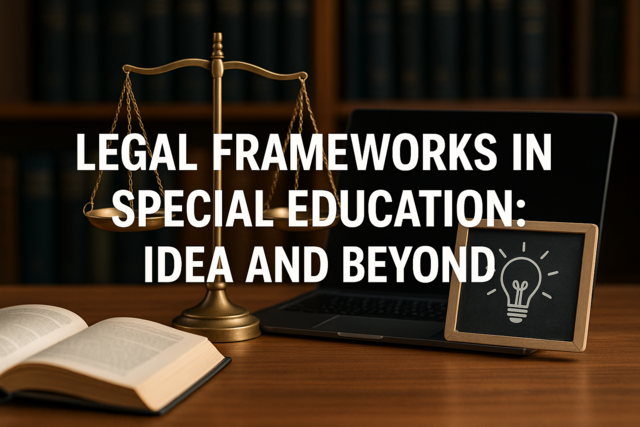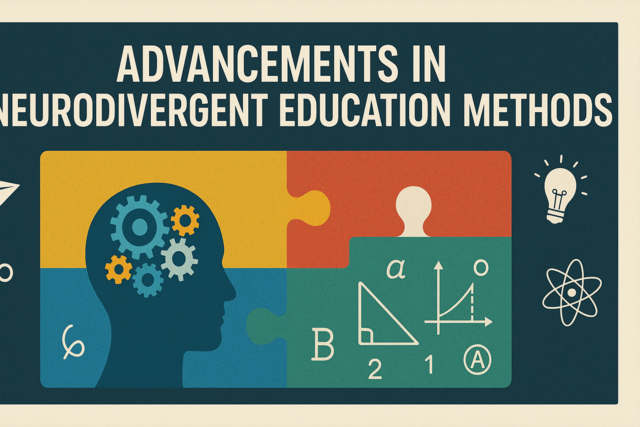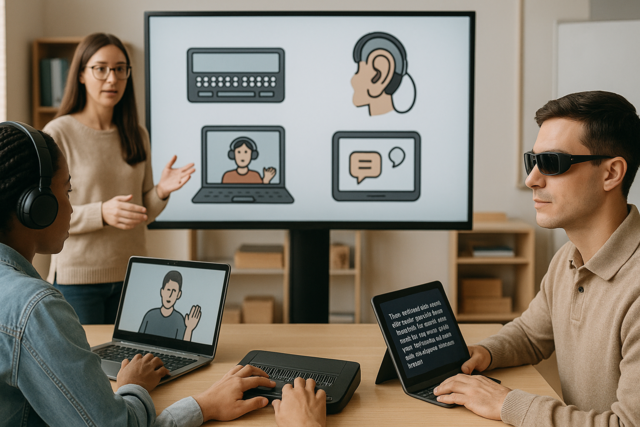Online Class: Understanding and Supporting Students with Down Syndrome

no certificate
with CEU Certificate*
-
15Lessons
-
22Exams &
Assignments -
3Hours
average time -
0.3CEUs
Course Description
Step into a world where understanding becomes empowerment. Where education transcends traditional boundaries to celebrate diversity, and where your role as an educator, caregiver, or ally turns into a journey of profound transformation. Welcome to "Understanding and Supporting Students with Down Syndrome," a course designed not merely to inform but to inspire, to equip, and to lead with empathy.
Imagine a classroom where every child's unique rhythm creates a symphony of learning and growth. This course is your gateway to mastering the harmony of tailored education, where you don't just teach; you nurture, you adapt, and you flourish alongside your students. With each lesson, you're not merely acquiring knowledge. You're planting seeds for future triumphs in classrooms and communities that embrace inclusivity with open arms and open hearts.
From the moment you enroll, you embark on an adventure that demystifies the genetic intricacies of Down syndrome, revealing their implications on development in a way that's accessible and illuminating. It's akin to discovering a new world, one where genetic codes are not just sequences but stories of strength and resilience. These insights form the foundation of a deeper understanding of each student's journey, enabling you to support their educational and health needs with confidence and compassion.
Yet, the heart of this course goes far beyond scientific exploration. It invites you to dive into the art of celebrating individual learning journeys. Visualize crafting personalized learning experiences that not only accommodate but thrive on the diverse capabilities of your students. Imagine technology not as a mere tool but as a bridge to connect, empower, and uplift each learner. Through strategic interventions, you'll learn how to foster an environment where every student's potential is not just recognized but realized.
Communication is the lifeline of learning, and this course elevates your ability to unlock it for students with Down syndrome. With an emphasis on speech and language development, you'll gain the skills to harness innovative technology like AAC and speech-generating devices. These tools become conduits of expression, allowing voices that have been quieted to resonate with clarity and confidence. Picture a classroom where students with Down syndrome engage not just academically, but socially, interacting naturally and eloquently—this is the transformative power you'll wield.
Education doesn't exist in a vacuum—it thrives in a tapestry woven by teachers, families, and communities working in concert. This course paints a vivid picture of that collaboration, illustrating how unified efforts can break barriers and elevate educational outcomes for all. You will become adept at crafting inclusive, engaging, and supportive learning environments that mirror the real-world communities we envision for tomorrow.
Beyond classroom strategies, this course envelops you in the holistic world surrounding students with Down syndrome. Explore the dynamics of family involvement and community support, recognizing how each thread contributes to the fabric of student success. From exploring health management strategies essential for physical and academic engagement to unlocking the legal frameworks that uphold student rights, you're equipped with a myriad of tools to advocate for and actualize true inclusion.
Lastly, the course empowers you to embrace the role of a lifelong learner, one who evolves continuously in response to the needs of your students. Your journey here is one of not just transformation but legacy—you're shaping the future of education, one inclusive environment at a time.
Decide today to be more than an educator; become an architect of accessibility, an ally for inclusivity, and a beacon of hope for students with Down syndrome. This course is your calling, your opportunity to effect real change, to bridge divides, and to sow seeds of understanding and support. Enroll now and take the first step toward creating a brighter, more inclusive future for all students. Because the world you help build in your classroom today will be the world they will thrive in tomorrow.
- Completely Online
- Self-Paced
- 6 Months to Complete
- 24/7 Availability
- Start Anytime
- PC & Mac Compatible
- Android & iOS Friendly
- Accredited CEUs

Course Lessons
Lesson 1. Comprehensive Insights into Down Syndrome: Genetic and Developmental Implications
The lesson underscores the importance of understanding Down Syndrome, a genetic condition marked by an additional chromosome 21, emphasizing its impact on developmental trajectories. It delves into the genetic nuances, types of Down Syndrome, and implications for education and health.Lesson 2. Understanding and Celebrating Individual Learning Journeys
Strategic integration of technology and differentiated instruction enhances the learning experience for students with Down syndrome. By emphasizing individualized plans and embracing each child's unique capabilities, teachers facilitate academic and social success.Lesson 3. Bridging Gaps: AAC and Communication Empowerment in Down Syndrome
This lesson delves into the speech and language characteristics of students with Down Syndrome, highlighting the anatomical and developmental factors affecting their communication. Through personalized, collaborative efforts and tools like AAC, educators, clinicians, and families can address these challenges and foster improved outcomes.Lesson 4. Empowering Voices: Communication Skills for Students with Down Syndrome
Technological advancements, like speech-generating devices and communication apps, are transforming communication for students with Down syndrome. These tools not only facilitate expression but also boost confidence and inclusivity, allowing students to interact socially and educationally with greater ease.Lesson 5. Fostering Independence and Growth through Customized Learning for Students with Down Syndrome
Collaborative efforts between educators, families, and support staff are crucial in crafting successful educational strategies for students with Down syndrome. This partnership ensures that learning approaches are aligned with students’ needs and strengths, promoting comprehensive development.Lesson 6. Unlocking Potential: Inclusive Education for All
Inclusive education champions a teaching approach that accommodates diverse learning needs through strategies like differentiated instruction and peer support, thereby elevating both individual and collective educational outcomes. The success of this model relies on strong collaboration between teachers, families, and the community to dismantle barriers and celebrate diversity.Lesson 7. Tech Innovations Empowering Students with Down Syndrome
Educational advancements like adaptive software and wearable technology empower students with Down syndrome to manage their schedules, engage deeply with lessons, and participate fully in classroom activities. These innovations not only support learning but also enhance autonomy and executive functioning skills.Lesson 8. Exploring Behavioral Challenges in Students with Down Syndrome: A Comprehensive Guide
Addressing sensory sensitivities and communication barriers through tailored strategies and technology reduces behavioral challenges and supports student engagement. Collaborative efforts among educators, families, and specialists foster comprehensive support for each student's unique needs.Lesson 9. Navigating Family Dynamics in Down Syndrome Education
The evolution of parental roles is crucial, with mothers often facing increased pressures as primary caregivers, impacting their personal and professional lives. Encouraging balanced involvement from fathers, siblings, and extended family fosters a supportive environment, reinforcing the household's collective resilience.Lesson 10. Milestone Magic: Navigating Education with Down Syndrome
Technology-assisted learning is revolutionizing education for students with Down syndrome, offering personalized, engaging experiences to develop essential skills. A collaborative network of educators, therapists, and families is key to creating consistent support systems that reinforce students' growth and autonomy across their learning environments.Lesson 11. Health Management Strategies for Down Syndrome
Joint and gastrointestinal issues in Down syndrome highlight the importance of therapies and dietary modifications for physical and academic engagement. Customized strategies foster safe recreational participation and comfort conducive to learning.Lesson 12. Understanding the Educational Journey of Students with Down Syndrome
Mental health support and parental involvement are vital in the educational journey of students with Down syndrome, aiding in emotional resilience and tailored learning plans. Collaborative strategies between educators and families ensure consistent and unified support systems.Lesson 13. Inclusive Learning: IDEA and ADA in Action
The ADA and IDEA collectively uphold the rights of students with Down Syndrome to participate fully in educational communities, emphasizing accessibility and the removal of learning barriers. This legal backing encourages innovative instructional adaptations that promote an equitable and enriching academic environment for diverse learners.Lesson 14. Visual Empowerment: Harnessing Strengths in Education
Adolescents with Down syndrome excel in empathy and visual learning, key strengths that educators can nurture through collaborative, visually-rich educational settings. Inclusive transition planning combines academic, life skills, and workplace readiness training, fostering independence and valued societal roles.Lesson 15. A Holistic Approach to Supporting Students with Down Syndrome
Professional development tailored to understanding Down syndrome equips educators with tools to foster inclusive classrooms, enriching the learning experience through adapted instructional strategies and assistive technologies. This ongoing education empowers educators to transform learning environments into inclusive spaces, supporting the diverse needs of students with Down syndrome.
Learning Outcomes
- Demonstrate effective educational strategies tailored to support individuals with Down Syndrome, focusing on visual aids and structured routines.
- Identify and describe the three types of Down Syndrome and their distinct genetic causes and implications.
- Describe strategies such as augmentative and alternative communication methods to support expressive language development in children with Down syndrome and their effectiveness by measuring communication improvements over time.
- Identify early physical milestones children with Down syndrome typically achieve and the impact of hypotonia on their development by age-specific benchmarks.
- Define the anatomical and physiological factors affecting speech intelligibility in students with Down Syndrome.
- Demonstrate strategies for enhancing expressive language in students with Down Syndrome using AAC tools.
- Demonstrate the ability to use visual aids and sign language to enhance communication and comprehension for students with Down syndrome.
- Recognize and apply various assistive technologies to support the communication needs of students with Down syndrome in classroom and social settings.
- Define various cognitive characteristics and learning styles of students with Down syndrome by analyzing case studies and educational strategies
- Demonstrate inclusive teaching techniques for students with Down syndrome by adapting lesson plans and using visual aids, hands-on activities, and communication tools
- Identify and apply differentiated instructional strategies to effectively accommodate diverse learning needs, including those of students with Down Syndrome, within the classroom setting.
- Recognize and describe how inclusive education fosters empathy and social skills in a classroom environment by engaging students with Down Syndrome.
- Define how speech-generating devices enhance communication and social interactions for students with Down syndrome using practical examples.
- Demonstrate mastery of lesson content at levels of 70% or higher.
Additional Course Information

- Document Your Lifelong Learning Achievements
- Earn an Official Certificate Documenting Course Hours and CEUs
- Verify Your Certificate with a Unique Serial Number Online
- View and Share Your Certificate Online or Download/Print as PDF
- Display Your Certificate on Your Resume and Promote Your Achievements Using Social Media

Choose Your Subscription Plan
No Certificate / No CEUs
This course only
| Includes certificate | X |
| Includes CEUs | X |
| Self-paced |

|
| Instructor support |

|
| Time to complete | 6 months |
| No. of courses | 1 course |
Certificate & CEUs
This course only
| Includes certificate |

|
| Includes CEUs |

|
| Self-paced |

|
| Instructor support |

|
| Time to complete | 6 months |
| No. of courses | 1 course |
Certificates & CEUs
Includes all 600+ courses
| Includes certificate |

|
| Includes CEUs |

|
| Self-paced |

|
| Instructor support |

|
| Time to complete | 12 Months |
| No. of courses | 600+ |
Certificates & CEUs
Includes all 600+ courses
| Includes certificate |

|
| Includes CEUs |

|
| Self-paced |

|
| Instructor support |

|
| Time to complete | 24 Months |
| No. of courses | 600+ |
Related Courses
-
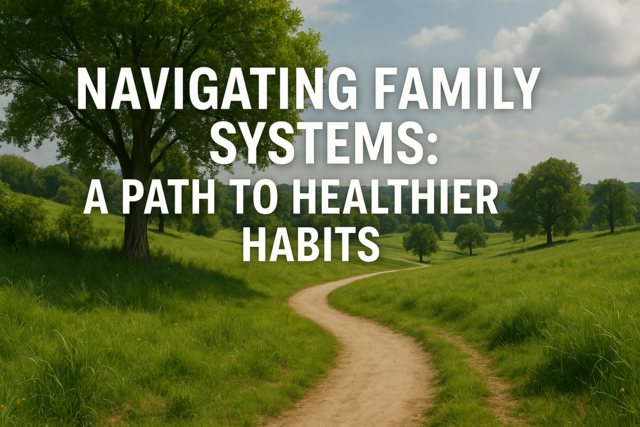 4 hours
0.4 CEUs
Navigating Family Systems: A Path to Healthier Habits
+ More Info
4 hours
0.4 CEUs
Navigating Family Systems: A Path to Healthier Habits
+ More Info
-
 3 hours
0.3 CEUs
Dapper & Distinguished: Men's Fashion Essentials
+ More Info
3 hours
0.3 CEUs
Dapper & Distinguished: Men's Fashion Essentials
+ More Info
-
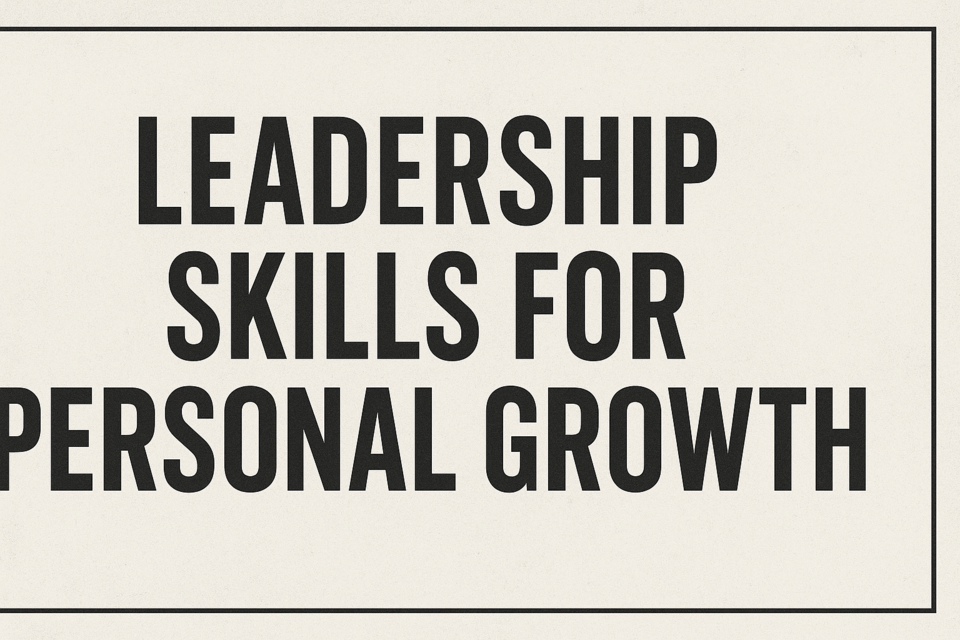 4 hours
0.4 CEUs
Leadership Skills for Personal Growth
+ More Info
4 hours
0.4 CEUs
Leadership Skills for Personal Growth
+ More Info
-
 7 hours
0.7 CEUs
Building Patience and Tolerance
+ More Info
7 hours
0.7 CEUs
Building Patience and Tolerance
+ More Info
-
 7 hours
0.7 CEUs
Building a Healthy Work Environment
+ More Info
7 hours
0.7 CEUs
Building a Healthy Work Environment
+ More Info
-
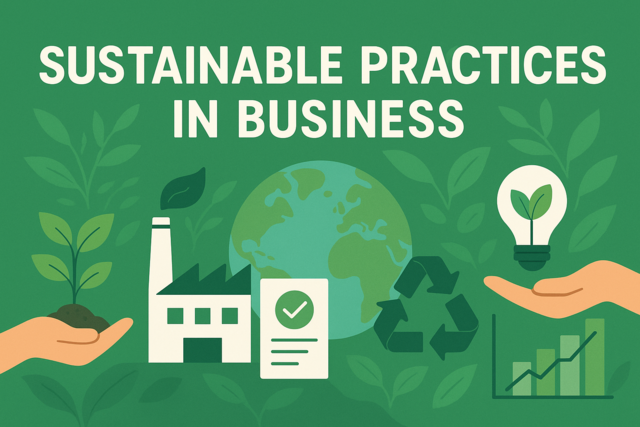 6 hours
0.6 CEUs
Sustainable Practices in Business
+ More Info
6 hours
0.6 CEUs
Sustainable Practices in Business
+ More Info
-
 5 hours
0.5 CEUs
The Strangeness of Human Consciousness
+ More Info
5 hours
0.5 CEUs
The Strangeness of Human Consciousness
+ More Info
-
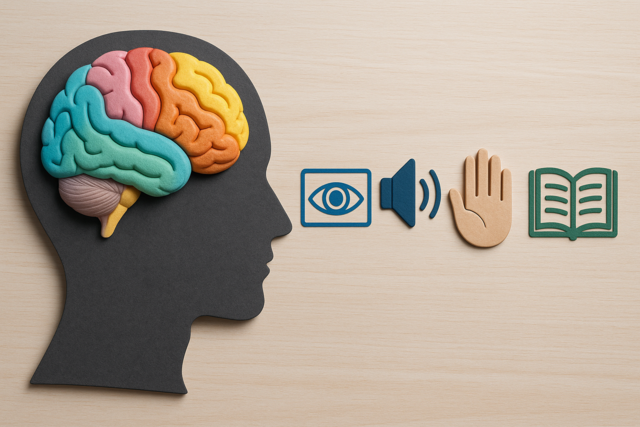 7 hours
0.7 CEUs
Understanding Learning Styles and Preferences
+ More Info
7 hours
0.7 CEUs
Understanding Learning Styles and Preferences
+ More Info
-
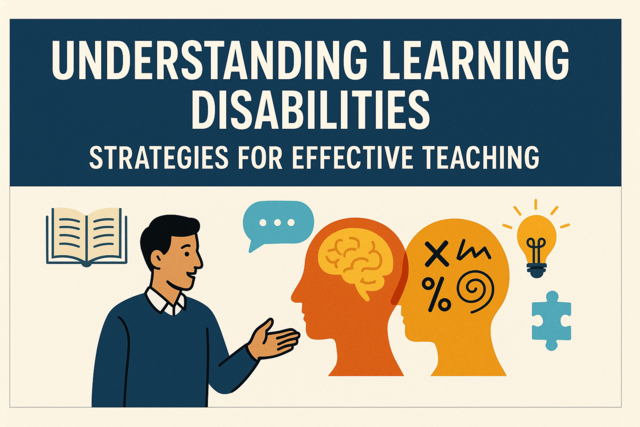 7 hours
0.7 CEUs
Understanding Learning Disabilities: Strategies for Effective Teaching
+ More Info
7 hours
0.7 CEUs
Understanding Learning Disabilities: Strategies for Effective Teaching
+ More Info
-
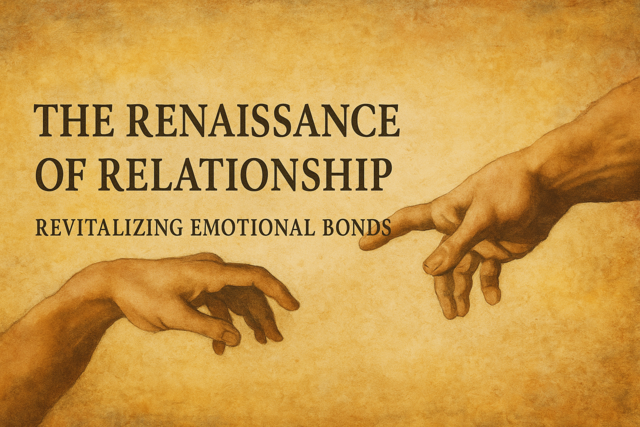 7 hours
0.7 CEUs
The Renaissance of Relationship: Revitalizing Emotional Bonds
+ More Info
7 hours
0.7 CEUs
The Renaissance of Relationship: Revitalizing Emotional Bonds
+ More Info
-
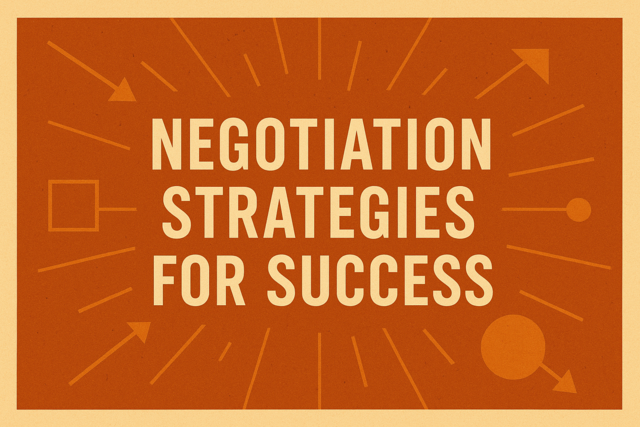 7 hours
0.7 CEUs
Negotiation Strategies for Success
+ More Info
7 hours
0.7 CEUs
Negotiation Strategies for Success
+ More Info
-
 3 hours
0.3 CEUs
Preparing Students for Careers of the Future
+ More Info
3 hours
0.3 CEUs
Preparing Students for Careers of the Future
+ More Info
-
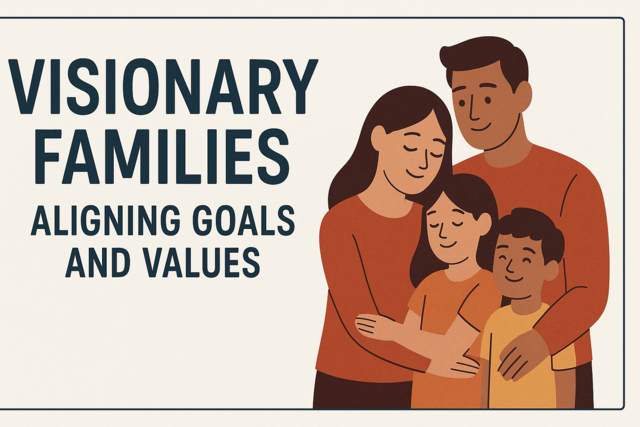 7 hours
0.7 CEUs
Visionary Families: Aligning Goals and Values
+ More Info
7 hours
0.7 CEUs
Visionary Families: Aligning Goals and Values
+ More Info
-
 7 hours
0.7 CEUs
Exploring Chakra Alignments
+ More Info
7 hours
0.7 CEUs
Exploring Chakra Alignments
+ More Info
-
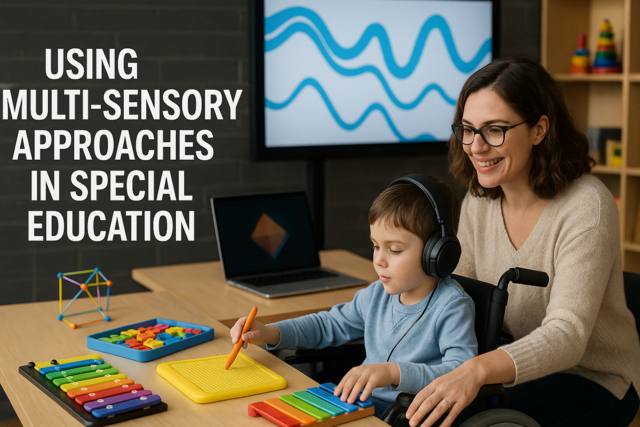 7 hours
0.7 CEUs
Using Multi-Sensory Approaches in Special Education
+ More Info
7 hours
0.7 CEUs
Using Multi-Sensory Approaches in Special Education
+ More Info
-
 5 hours
0.5 CEUs
Building Bridges: Techniques for Intergenerational Understanding
+ More Info
5 hours
0.5 CEUs
Building Bridges: Techniques for Intergenerational Understanding
+ More Info
-
 4 hours
0.4 CEUs
Beyond Words: The Silent Language of Relationships
+ More Info
4 hours
0.4 CEUs
Beyond Words: The Silent Language of Relationships
+ More Info
-
 6 hours
0.6 CEUs
The New Chic: Redefining Urban Elegance
+ More Info
6 hours
0.6 CEUs
The New Chic: Redefining Urban Elegance
+ More Info
-
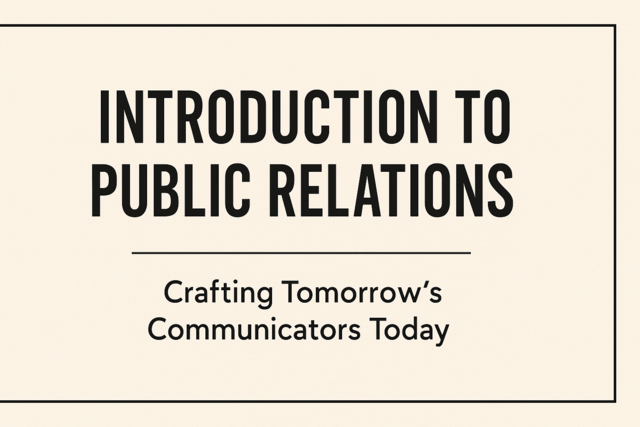 3 hours
0.3 CEUs
Introduction to Public Relations
+ More Info
3 hours
0.3 CEUs
Introduction to Public Relations
+ More Info
-
 6 hours
0.6 CEUs
Beyond the Runway: Influencing Trends in Modern Luxury
+ More Info
6 hours
0.6 CEUs
Beyond the Runway: Influencing Trends in Modern Luxury
+ More Info
-
 4 hours
0.4 CEUs
Leading with Emotional Intelligence
+ More Info
4 hours
0.4 CEUs
Leading with Emotional Intelligence
+ More Info
-
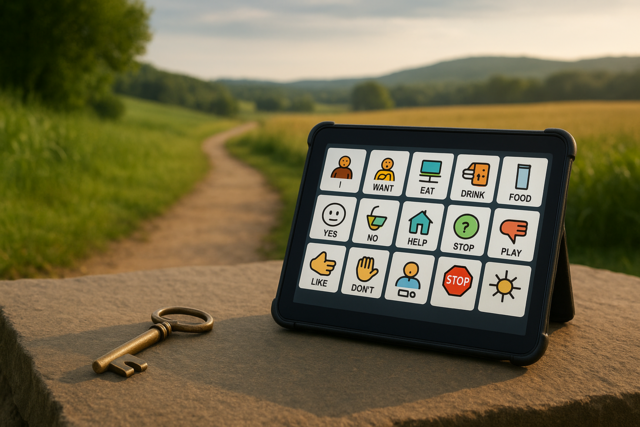 6 hours
0.6 CEUs
Assistive Communication Devices: Maximizing Potential
+ More Info
6 hours
0.6 CEUs
Assistive Communication Devices: Maximizing Potential
+ More Info
-
 3 hours
0.3 CEUs
Team Building and Collaboration
+ More Info
3 hours
0.3 CEUs
Team Building and Collaboration
+ More Info
-
 7 hours
0.7 CEUs
Advanced PowerPoint Presentation Skills
+ More Info
7 hours
0.7 CEUs
Advanced PowerPoint Presentation Skills
+ More Info
-
 6 hours
0.6 CEUs
Conscious Coupledom: Building Mindful Partnerships
+ More Info
6 hours
0.6 CEUs
Conscious Coupledom: Building Mindful Partnerships
+ More Info
-
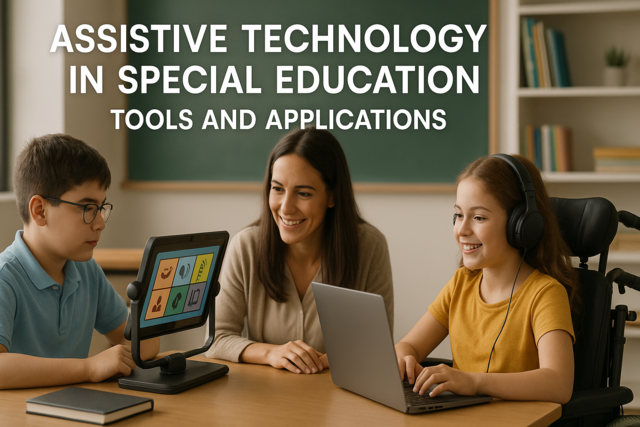 6 hours
0.6 CEUs
Assistive Technology in Special Education: Tools and Applications
+ More Info
6 hours
0.6 CEUs
Assistive Technology in Special Education: Tools and Applications
+ More Info
-
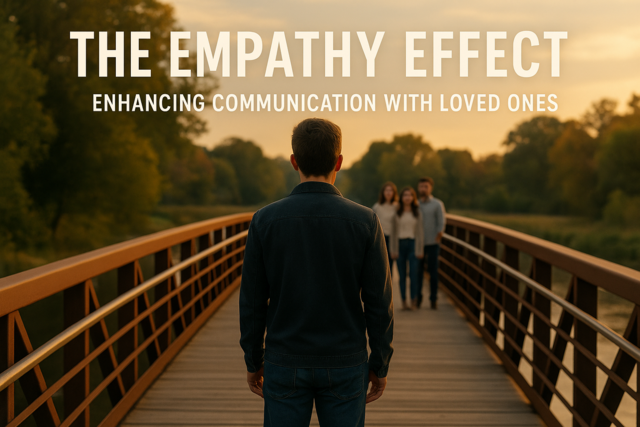 3 hours
0.3 CEUs
The Empathy Effect: Enhancing Communication with Loved Ones
+ More Info
3 hours
0.3 CEUs
The Empathy Effect: Enhancing Communication with Loved Ones
+ More Info
-
 7 hours
0.7 CEUs
Basics of Entrepreneurship
+ More Info
7 hours
0.7 CEUs
Basics of Entrepreneurship
+ More Info
-
 4 hours
0.4 CEUs
Creating a Culture of Collaboration
+ More Info
4 hours
0.4 CEUs
Creating a Culture of Collaboration
+ More Info
-
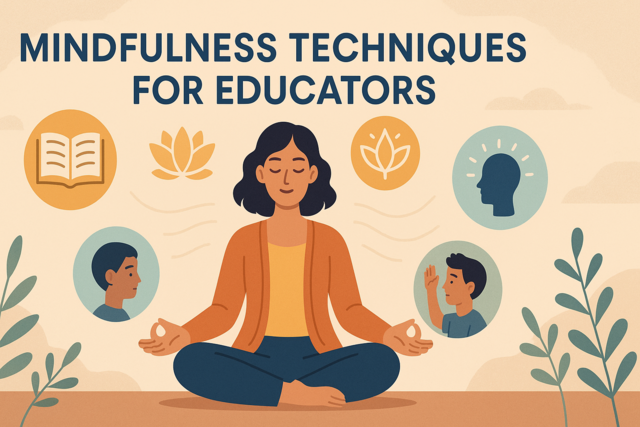 5 hours
0.5 CEUs
Mindfulness Techniques for Educators
+ More Info
5 hours
0.5 CEUs
Mindfulness Techniques for Educators
+ More Info
-
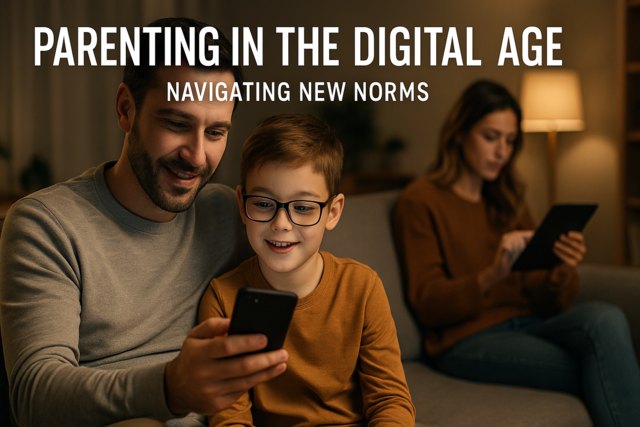 6 hours
0.6 CEUs
Parenting in the Digital Age: Navigating New Norms
+ More Info
6 hours
0.6 CEUs
Parenting in the Digital Age: Navigating New Norms
+ More Info
-
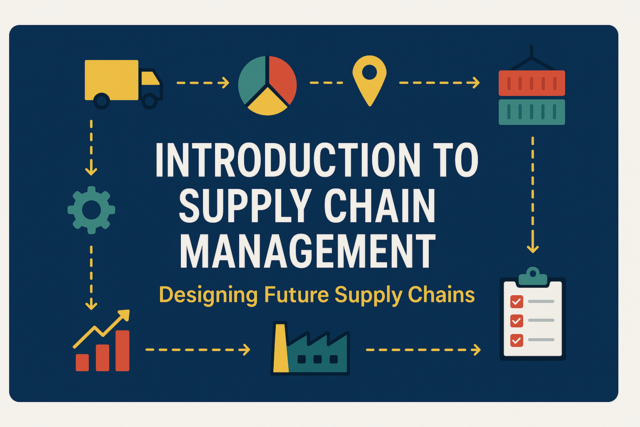 4 hours
0.4 CEUs
Introduction to Supply Chain Management
+ More Info
4 hours
0.4 CEUs
Introduction to Supply Chain Management
+ More Info
-
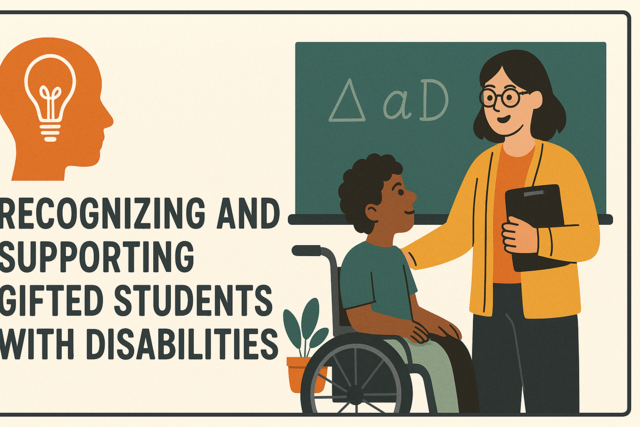 5 hours
0.5 CEUs
Recognizing and Supporting Gifted Students with Disabilities
+ More Info
5 hours
0.5 CEUs
Recognizing and Supporting Gifted Students with Disabilities
+ More Info
-
 6 hours
0.6 CEUs
Building an Effective Personal Brand
+ More Info
6 hours
0.6 CEUs
Building an Effective Personal Brand
+ More Info
-
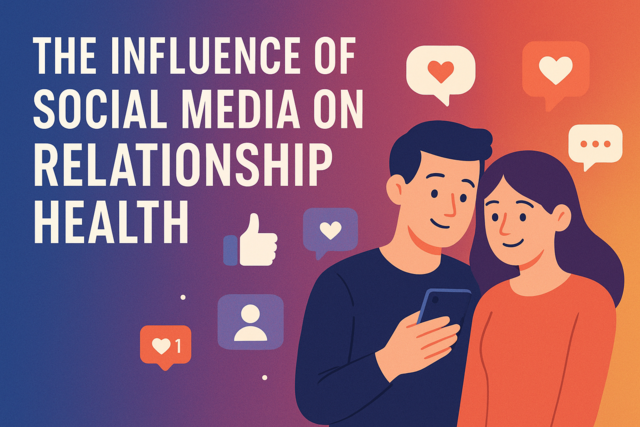 6 hours
0.6 CEUs
The Influence of Social Media on Relationship Health
+ More Info
6 hours
0.6 CEUs
The Influence of Social Media on Relationship Health
+ More Info
-
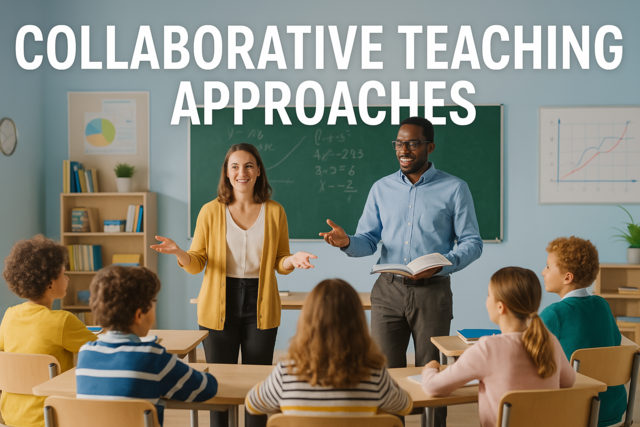 3 hours
0.3 CEUs
Collaborative Teaching Approaches
+ More Info
3 hours
0.3 CEUs
Collaborative Teaching Approaches
+ More Info
-
 4 hours
0.4 CEUs
Unlocking Resilience: Techniques for Tough Times
+ More Info
4 hours
0.4 CEUs
Unlocking Resilience: Techniques for Tough Times
+ More Info
-
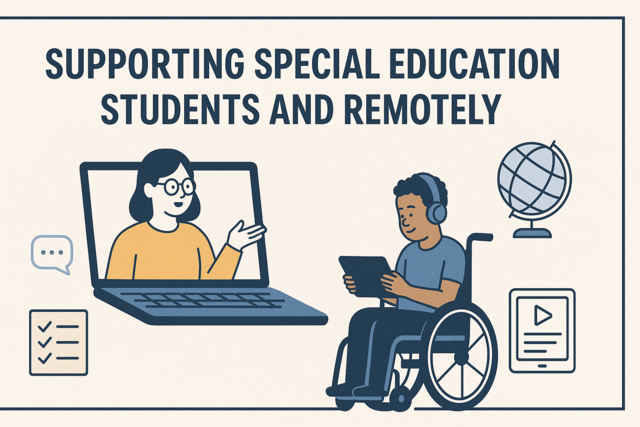 5 hours
0.5 CEUs
Supporting Special Education Students Virtually and Remotely
+ More Info
5 hours
0.5 CEUs
Supporting Special Education Students Virtually and Remotely
+ More Info


